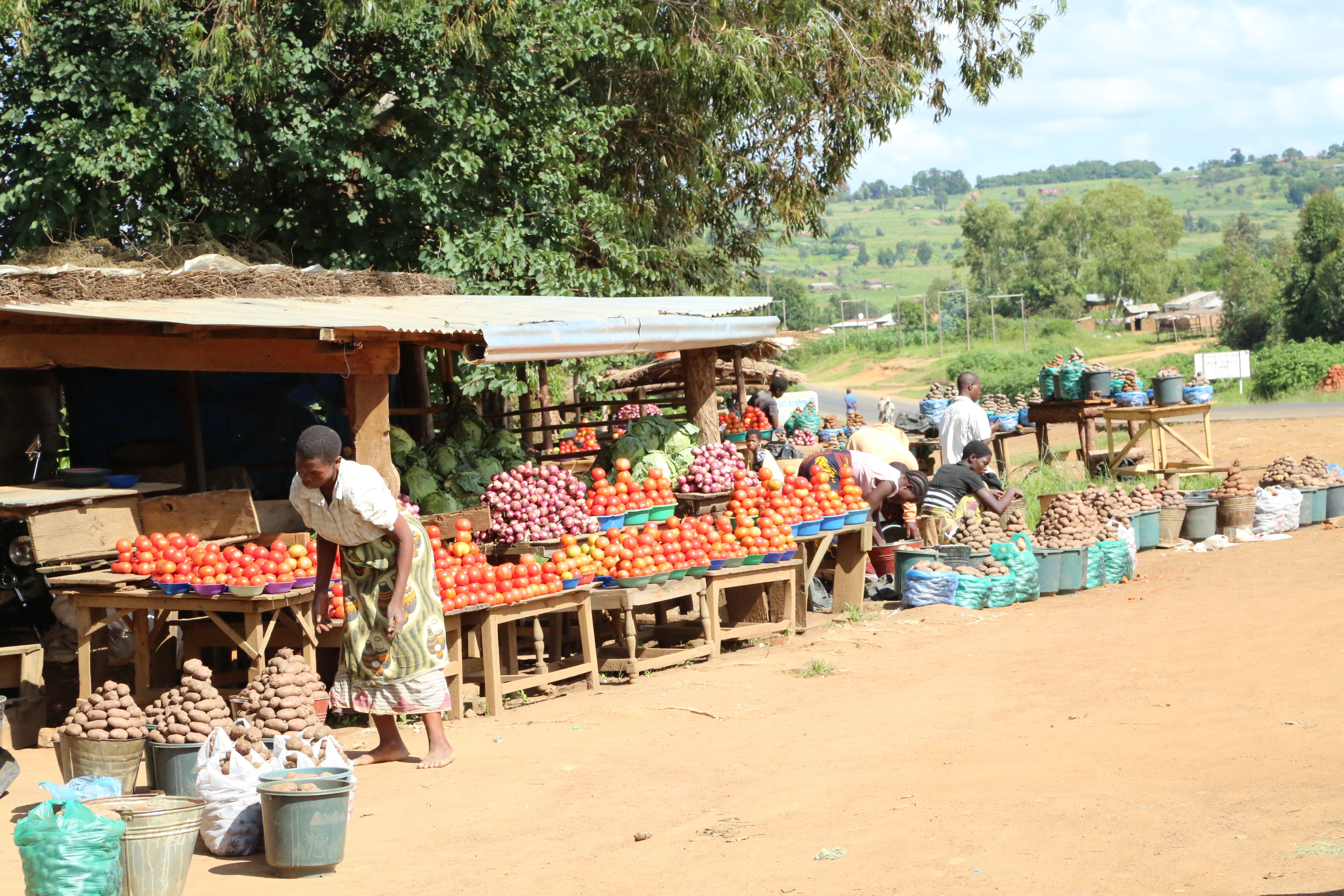The gender equity gap: an inside look at the vegetable producers and traders in northern and central Tanzania

Gender inequality is a major cause of economic imbalance in many countries of Africa. Traditional and cultural norms have historically empowered men, while restricting women from reaching their full potential in various aspects of life including agriculture.
A recent study published in the European Journal of Development Research (February 2020) analysed the ways gender inequality has affected agricultural production and trade in northern and central Tanzania. The researchers used vegetables as the case study because horticulture is one of the fastest growing subsectors of agriculture in Tanzania with vegetables increasingly produced as cash crops.
International Institute of Tropical Agriculture (IITA) Social Scientist and Gender Expert, Gundula Fischer, led the study, which revealed that men farmers earned more than women, even though labour contributions towards vegetable farming were balanced. The opposite applied for traders: while men and women contributed differing amounts of labour, they had more balanced incomes. In all cases, women tended to have lower incomes in production and in trade.
The causes of this disparity include women’s inability to access or own farmlands, lack of access to knowledge or market information, and lack of decision-making power with regards to household income/finances.
For example, when asked about the frequency at which they meet extension agents; men household heads indicated that they met government extension officers in the previous four months on average twice as often than women.
‘Limited access to knowledge (through extension agents) in certain ways therefore also becomes a barrier for women participation in certain production value chains like the fruit vegetables, which require more skills and training,’ notes Fischer.
‘Additionally, the interactions between participation and income become obvious because income constitutes not only an outcome of participation but is also a prerequisite,’ she adds.
This assertion is corroborated by a woman vegetable farmer in Kiteto District who took part in one of the focus group discussions during the study. She notes, ‘Without pesticides you won’t succeed (in tomato production). That is why farmers of this crop are men and we women are very few.’
Regarding the question of what happens once the vegetables have been sold at the market and it is now time to share the income; once again the women seem to be at a disadvantage especially in male-headed farm households. Perceptions of income shares generated by husband and wife diverged remarkably. While men producers rated their own share at 95% (and that of women at 5%), women producers saw themselves as contributing 40%. These findings highlight the need for community interventions to integrate gender-transformative approaches that recognize the need for tackling inequalities at different levels of the value chain to achieve synergies.
At the community level, interventions should consider the unique barriers women and men have to overcome in value chain participation. This may call for focused initiatives aimed at raising customary leaders’ awareness and readiness to support the unlocking of women’s economic potential. An adoption of household methodologies would also be needed and included in agricultural development interventions. In these methodologies, household members define shared goals and closely work towards their achievement. At the policy level, the study also call for stronger consideration of gender issues in Tanzania’s Horticultural Development Strategy.




